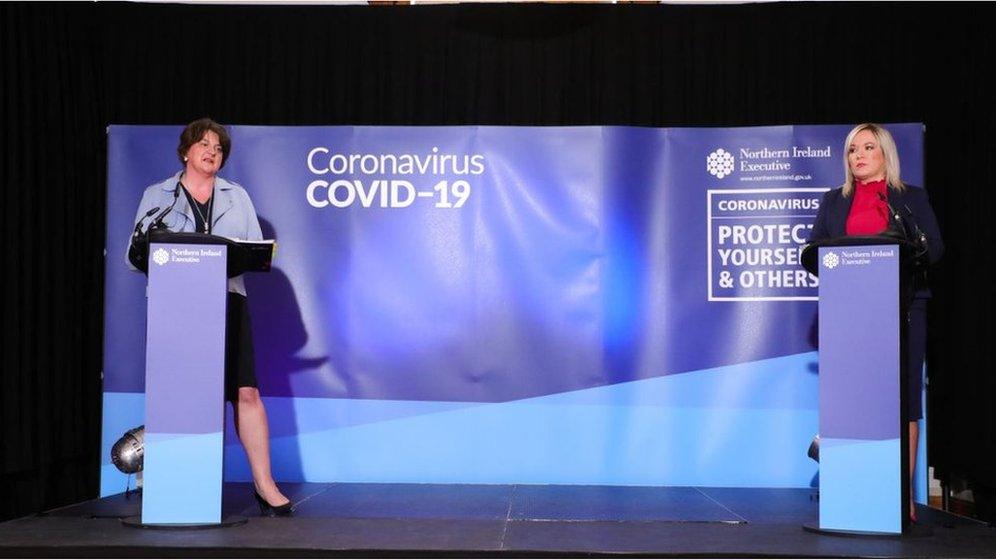Coronavirus: Calls for clarity over HIV shielding advice
- Published
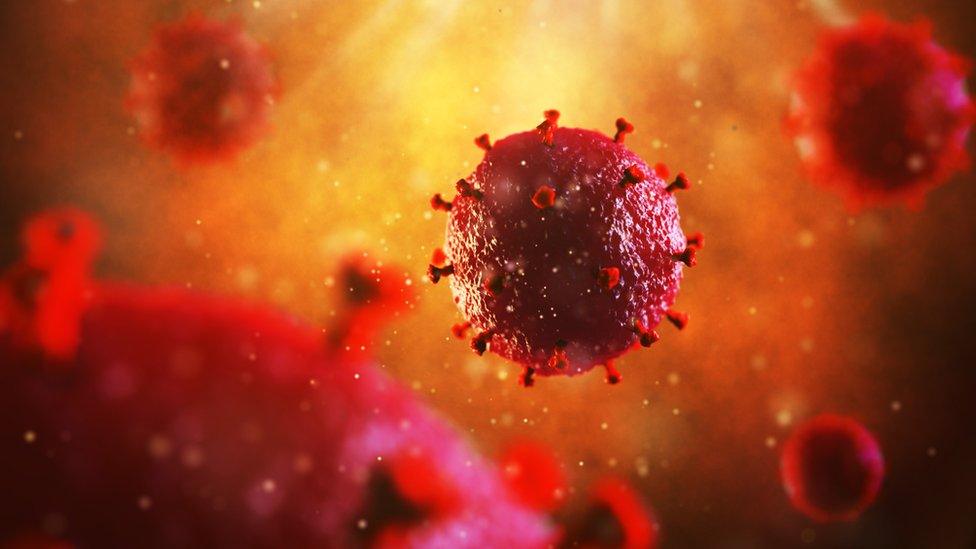
New guidance on shielding from coronavirus in NI must give clearer directions to those living with HIV, a leading charity has said.
HIV was not on the government's list of conditions advising people to stay at home for 12 weeks.
The HIV charity, Positive Life, says many were left "anxious and confused".
The Department of Health said anyone with concerns "should contact the clinical team responsible for their care".
GPs were given flexibility to write to people who they judged to be "clinically extremely vulnerable".
'Lack of consistency'
On Monday, it was announced that people who were shielding could be able to go outdoors again from Monday 8 June.
The move will be permitted if the R-number - or reproduction number - is below one when ministers meet on Thursday.
Speaking at the daily press conference at Stormont on Monday, Deputy First Minister Michelle O'Neill said while the risk of exposure had reduced, those who were shielding were "still very vulnerable".
During the first month of lockdown, Positive Life received five times as many calls as it did during the same period last year.
Jacquie Richardson from the charity says the biggest problem has been the "lack of a consistency" around shielding advice.
Jacquie Richardson from Positive Life says many people were left "anxious and confused"
She said: "We've had some people living with HIV who also have an underlying health condition who have not received a shielding letter from their GP and others who have a HIV diagnosis with no other conditions and they did receive a letter.
"It's been very confusing and distressing for people, so we would like to see greater clarity going forward."
Vulnerable and extremely vulnerable
The Northern Ireland Executive issued two main lists relating to coronavirus - a list of people that were considered 'vulnerable, external' and a list of people that were considered 'extremely vulnerable, external'.
For vulnerable people, the advice was that they should be particularly strict in compliance with social distancing measures.
Those considered extremely vulnerable were advised to shield and avoid contact for 12 weeks.
HIV was listed as a condition on the vulnerable list, but it was not listed on the extremely vulnerable shielding list.
In addition, GPs had also been asked to use their clinical judgement to identify "extremely vulnerable" patients.
The organisation that represents healthcare professionals, the British HIV Association (BHIVA) said there was no evidence that those on medication with "controlled HIV" needed to shield.
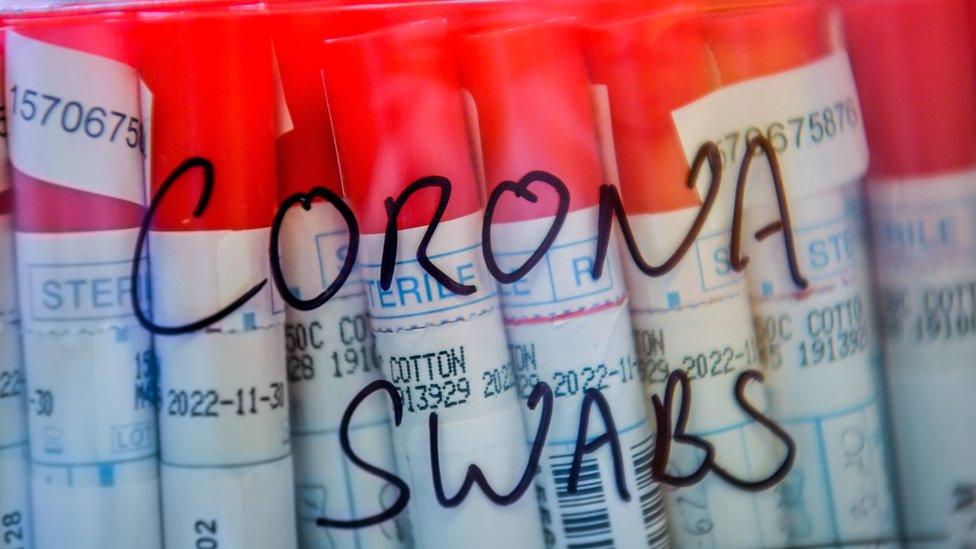
HIV medication works by reducing the amount of the virus in the blood to undetectable levels.
But BHIVA also advised that those with HIV who had been diagnosed with "an opportunistic infection" in the last six months or those whose HIV was not classified as undetectable, should follow advice to shield.

'I had such fear and panic'
Adam, not his real name, lives in Belfast and was diagnosed with HIV last year.
He has no underlying conditions and is on medication which means his HIV is at an undetectable level.
He initially received a letter from his GP advising him to shield.
"I had such fear and the panic when I received that letter. Firstly, for what it was going to mean for my health and then if I was going to have to shield, what I was going to tell some members of my family who don't all know about my diagnosis.
"I eventually got speaking to a specialist and Positive Life who basically told me that because my medication was working and my viral load was undetectable, that I didn't have to shield."

'Evolving at pace'
Dr Alan Stout from the British Medical Association said: "The concept of shielding for anyone is advice and is not mandatory and I would advise anyone with queries or who feels they have been told to shield unnecessarily to contact their consultant or their GP to discuss the issue."
A spokesperson for the Royal College of General Practitioners (RCGP) said: "The guidance around which patients are considered at highest clinical risk is complex.
"Every effort has been made to ensure the information being used to identify patients - in the main collated from GP computer systems - is as accurate as possible, so that the right patients are given the right advice."
Not all patients living with HIV have consented for their GP to know about their condition and therefore details may not be searchable on their system.
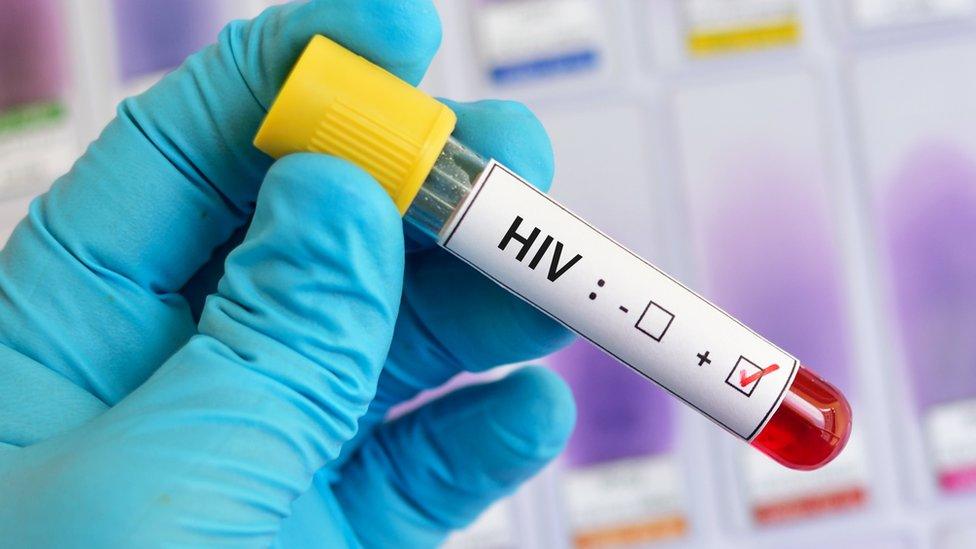
In a statement, the Department of Health said it recognised how "unsettling" the uncertainty around shielding had been and said it was "committed to bringing the shielding programme to a close as quickly as the scientific and medical evidence allows".
A spokesperson added: "The department did not issue any specific instruction on HIV.
"However, if anyone who has been advised to shield has concerns, they should contact the clinical team responsible for their care who can assist with assessing risk to inform the appropriate measures required to protect their health."
- Published15 May 2020
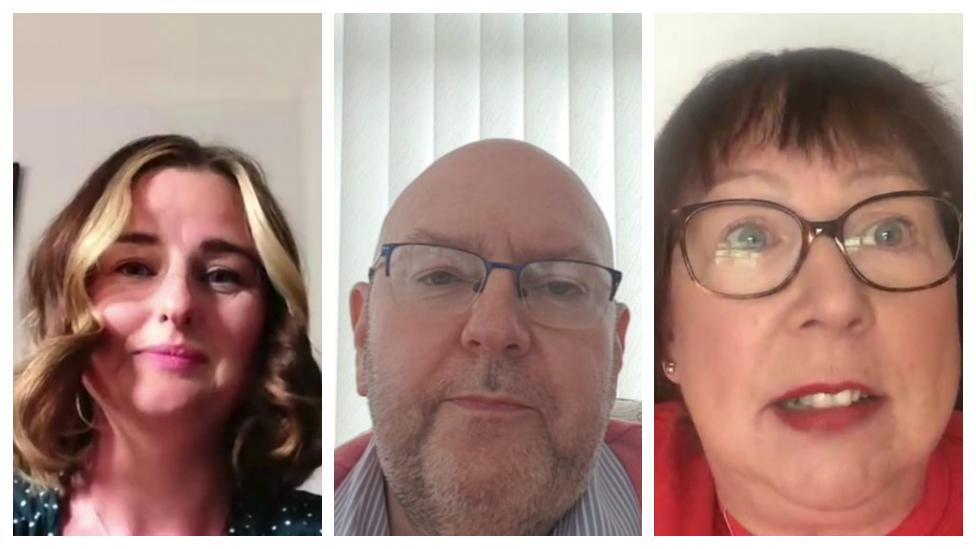
- Published1 June 2020
